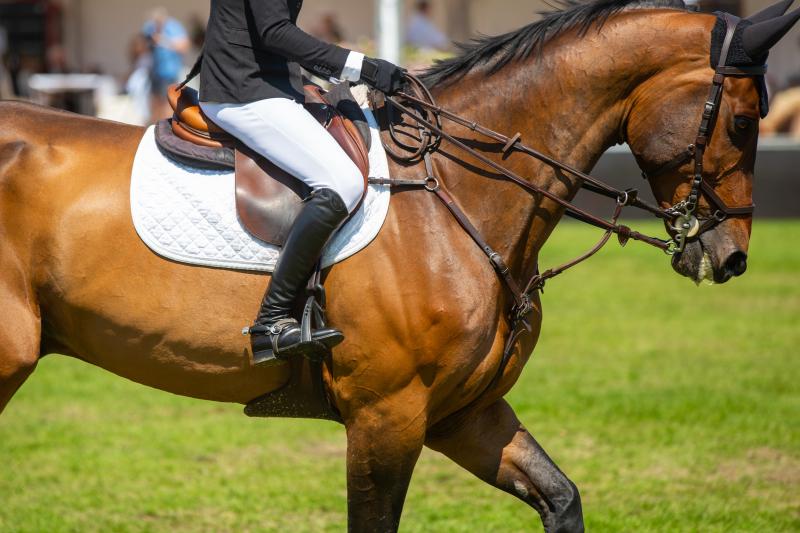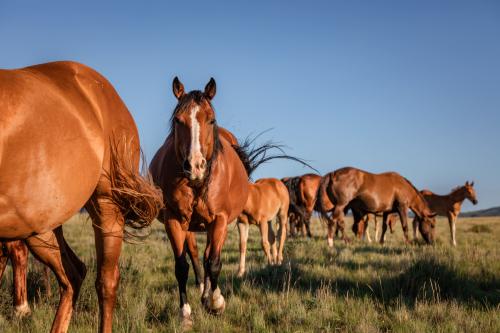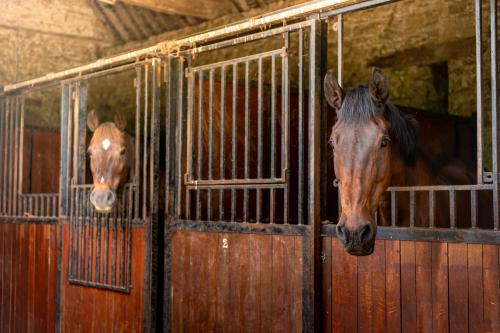



Sports performance is the result of four factors: genetics, training, management and feeding.
A horse's nutrition must be planned individually, since metabolic variations and activity levels imply different nutritional requirements.
Some factors to be considered when determining a horse's diet:
When determining the diet to be provided to a horse, we must keep in mind not only the intake requirements, but it is also necessary to think about excesses, since these can also be harmful and take time to show symptoms and be correctly evaluated, hindering the animal's performance in the medium and long term.
The horse's diet varies according to its type of breeding, as this changes its nutritional needs:
In this breeding system, we have a set of factors:
It is a form of breeding that benefits the horse's nutritional, physical and even mental health, since it has time and space to run, explore the environment and interact with its surroundings, thus reducing stress levels and, consequently, improving its immunity and general health.

The most common breeding system for sport horses. It involves a more restricted diet (especially with hay or feed). In these cases, there may be nutritional deficiencies, as the supply of nutrients is reduced. This can lead to hypovitaminosis and digestive problems, such as colic and indigestion. In addition, stabled animals suffer more from stress, which can cause a decrease in immunity, a lower utilization of nutrients and the emergence of behavioral and health disorders. For animals raised in more confined environments and with dietary restrictions, supplementation becomes a great ally in the recovery and maintenance of health.
In summary, the basic needs of a horse are:
